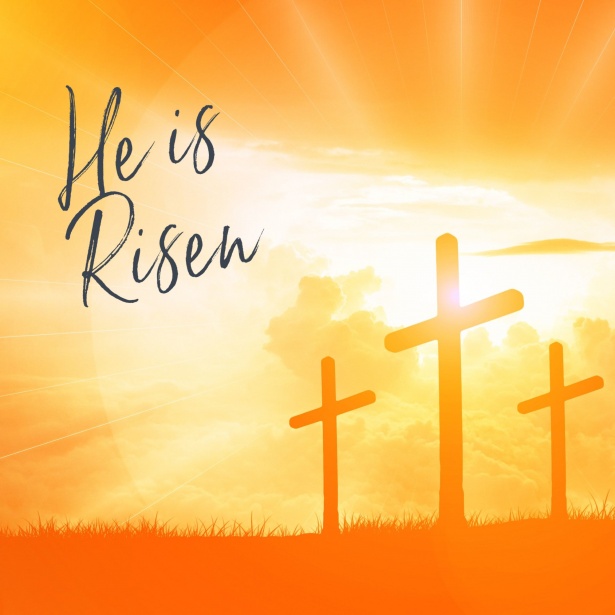“You can love without agreeing with someone. You can disagree without hating them.” – Tim Keller
There are many reasons someone might be critical of us: They disagree with our decisions. They feel hurt by something we said or did. They are of a different political persuasion than we are. Or there is just a conflict between two differing personalities.
Getting others to like us is not the primary goal of life. Not everyone liked Jesus. Some hated him enough to hire witnesses to lie about him so he would be sentenced to die. Not everyone liked King David, or Joseph, or Daniel. . .
So what do we do when someone expresses anger toward us or just doesn’t like us?
If we have hurt them, we should seek forgiveness. Sometimes we are the forgiver and sometimes the forgiven, often it’s both: “Be kind to one another, tenderhearted, forgiving one another, as God in Christ forgave you” (Ephesians 4:32).
If it’s a difference of opinion about lifestyle, leadership, or politics, we should agree to disagree and continue in a respectful relationship: “. . . let’s stop condemning each other. Decide instead to live in such a way that you will not cause another believer to stumble and fall” (Romans 14:13).
If these approaches don’t bring peace, we should give it all to God and move on. “Never pay back evil with more evil. . . Do all that you can to live in peace with everyone” (Romans 12:17-18).
We should try to live in harmony with others, especially with our brothers and sisters in Christ. We should address conflicts, pray for one another, and grow in our relationship with God. He is the one we want to please the most.
“Finally, all of you, have unity of mind, sympathy, brotherly love, a tender heart, and a humble mind.” – 1 Peter 3:8











